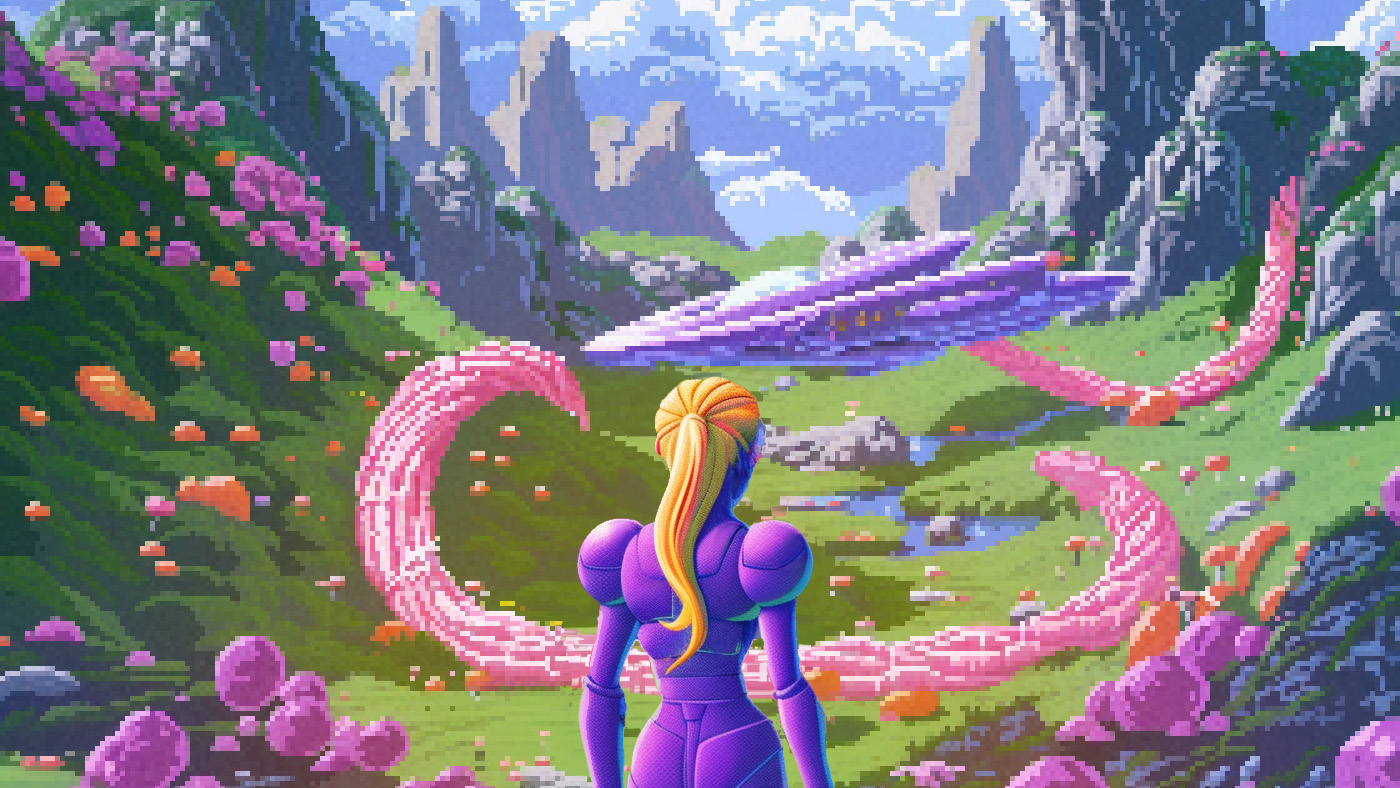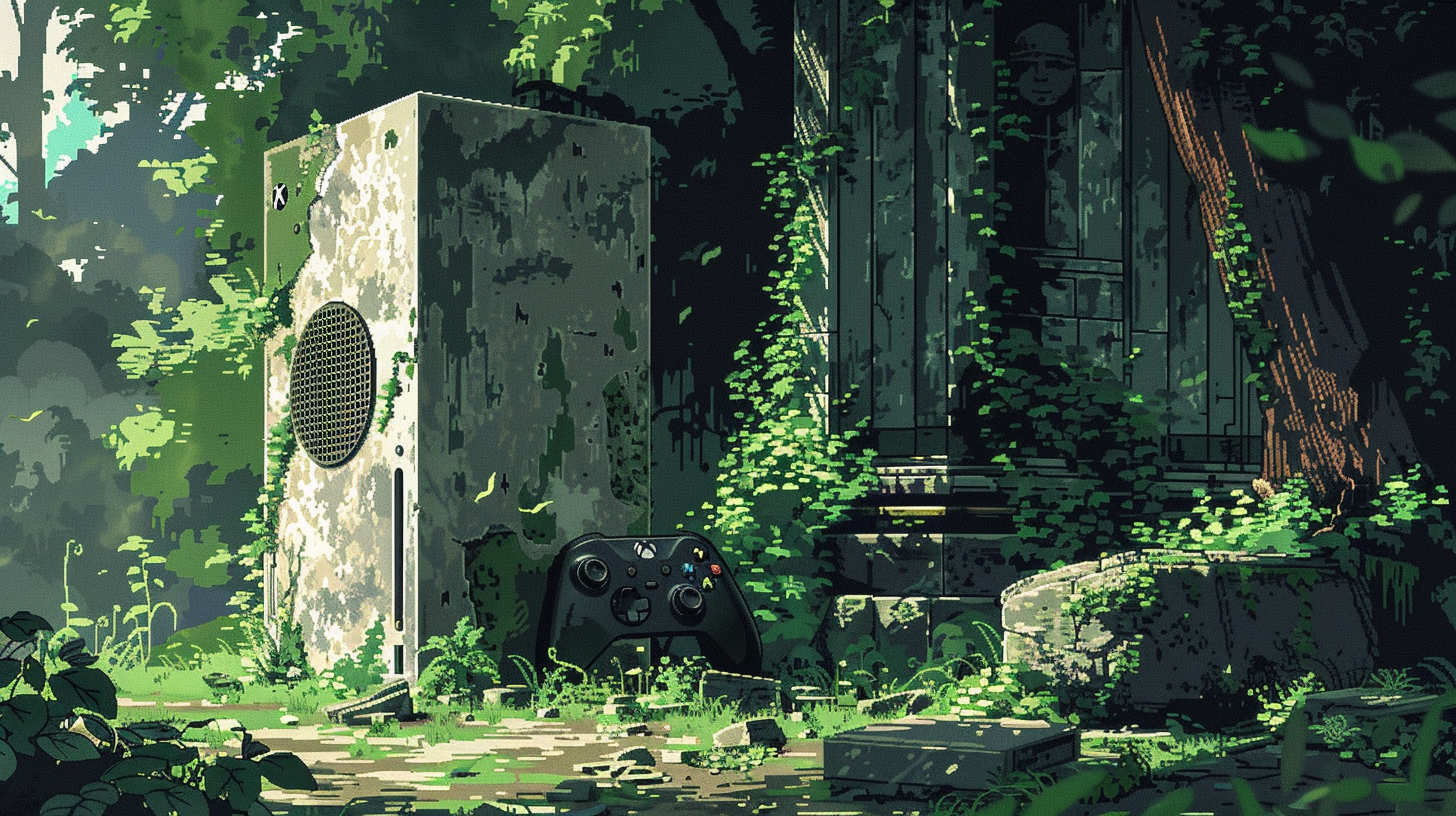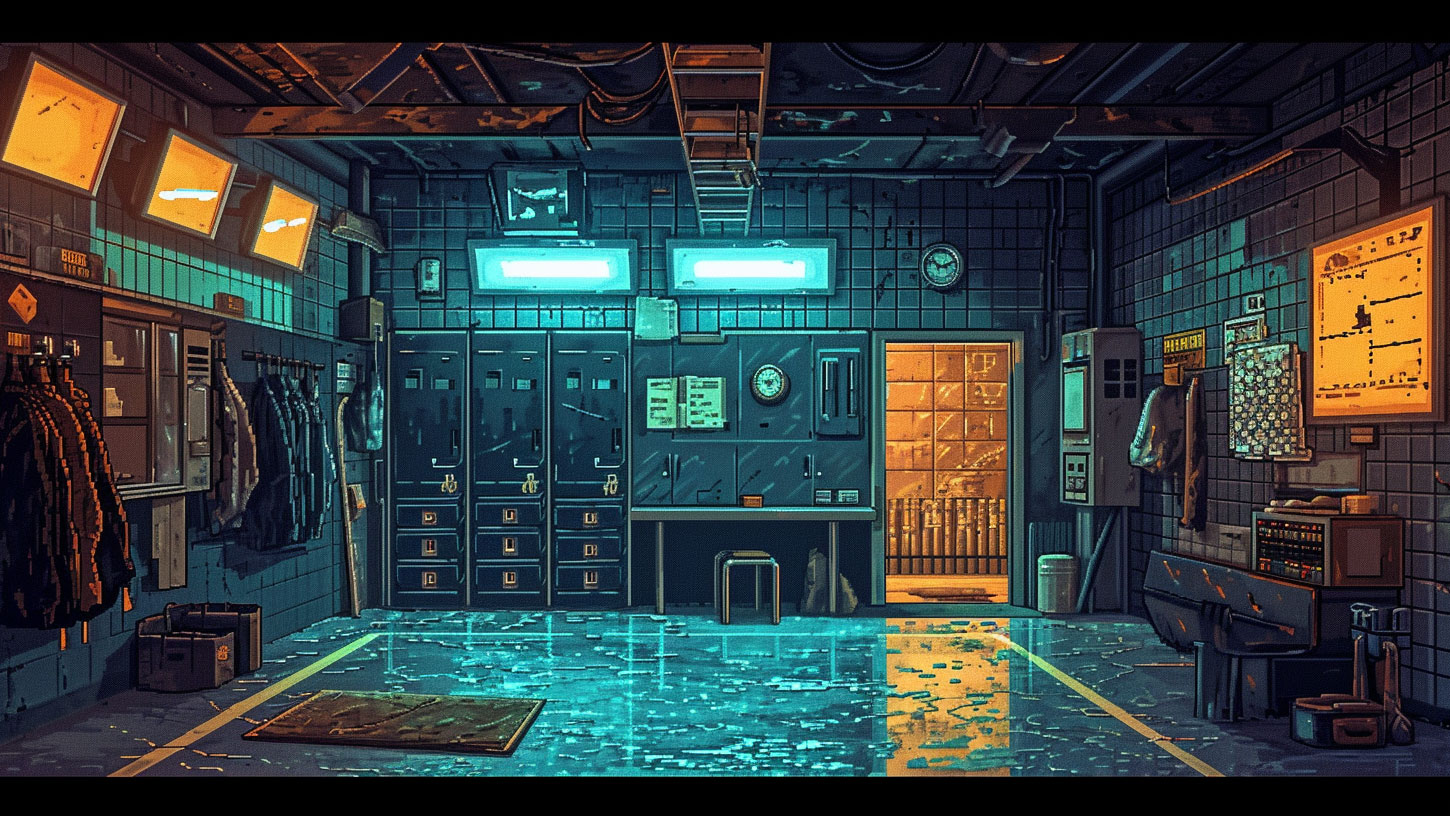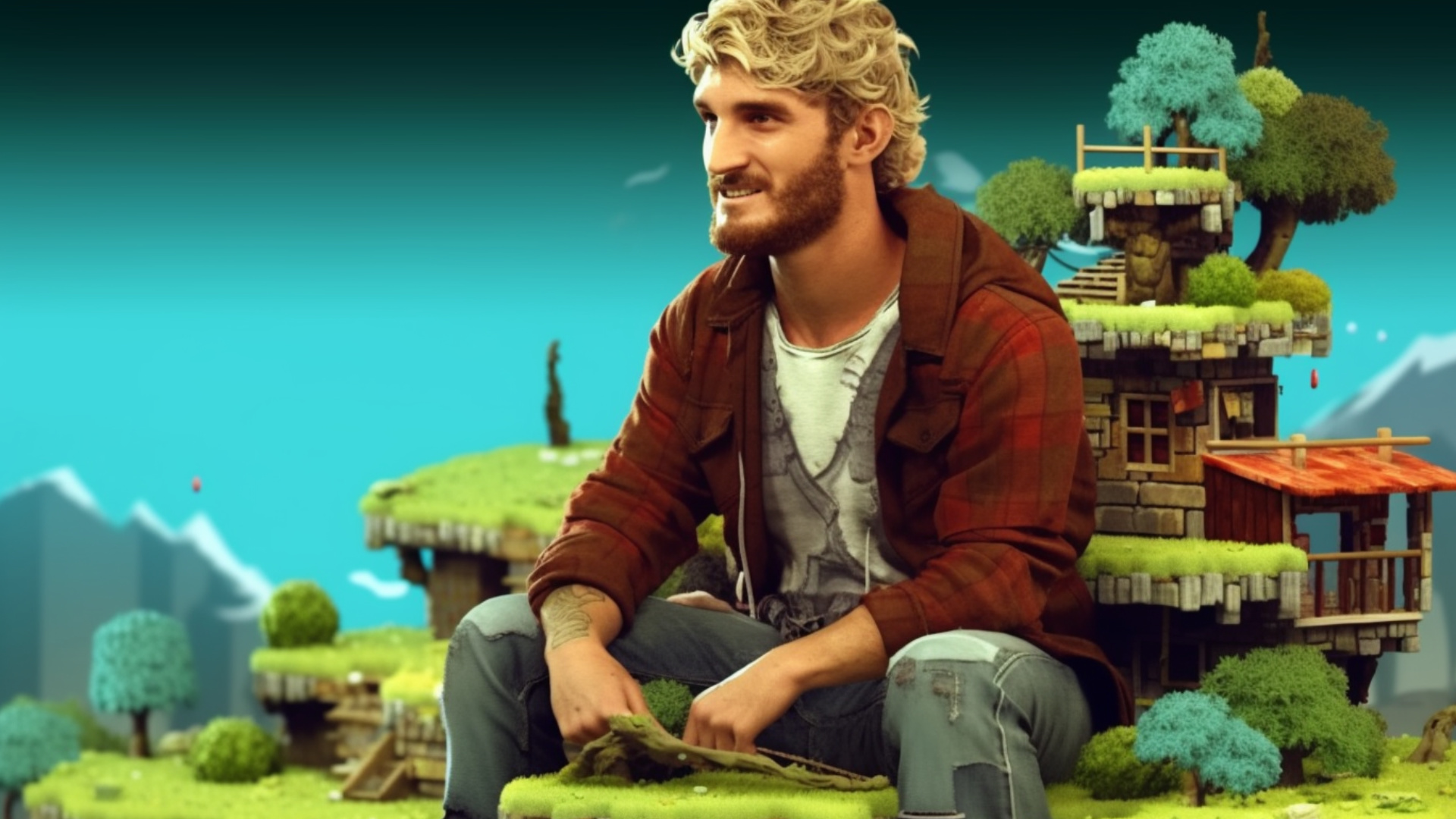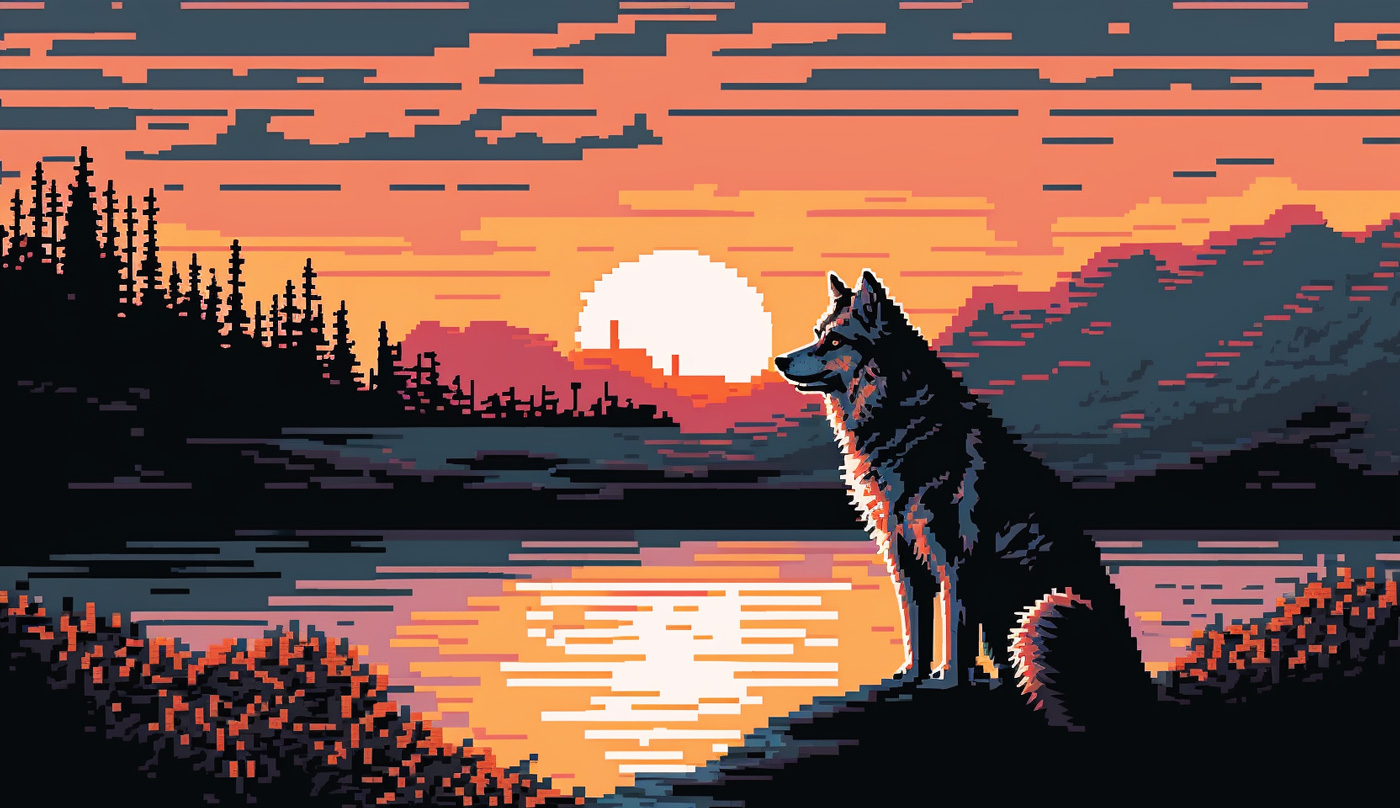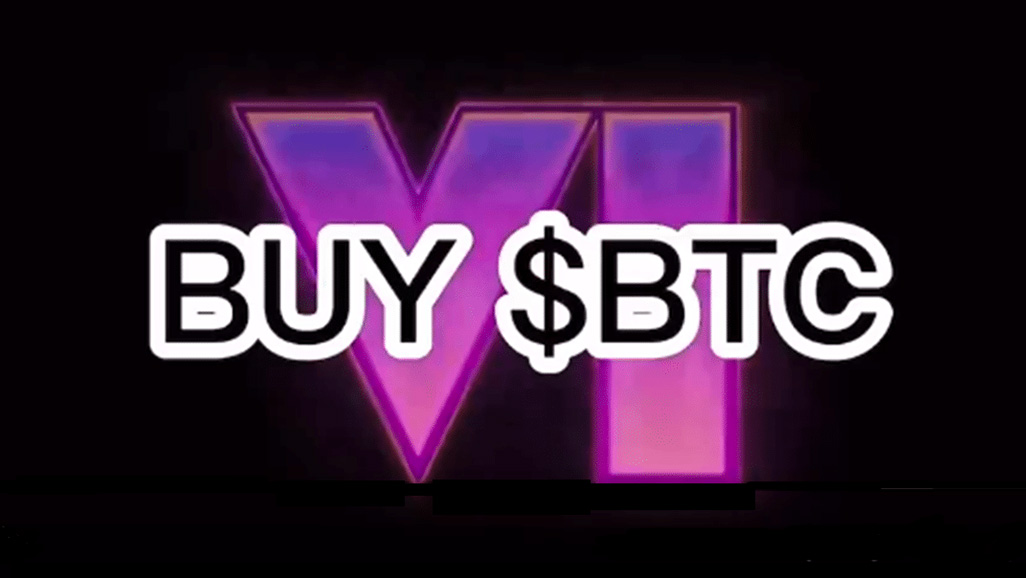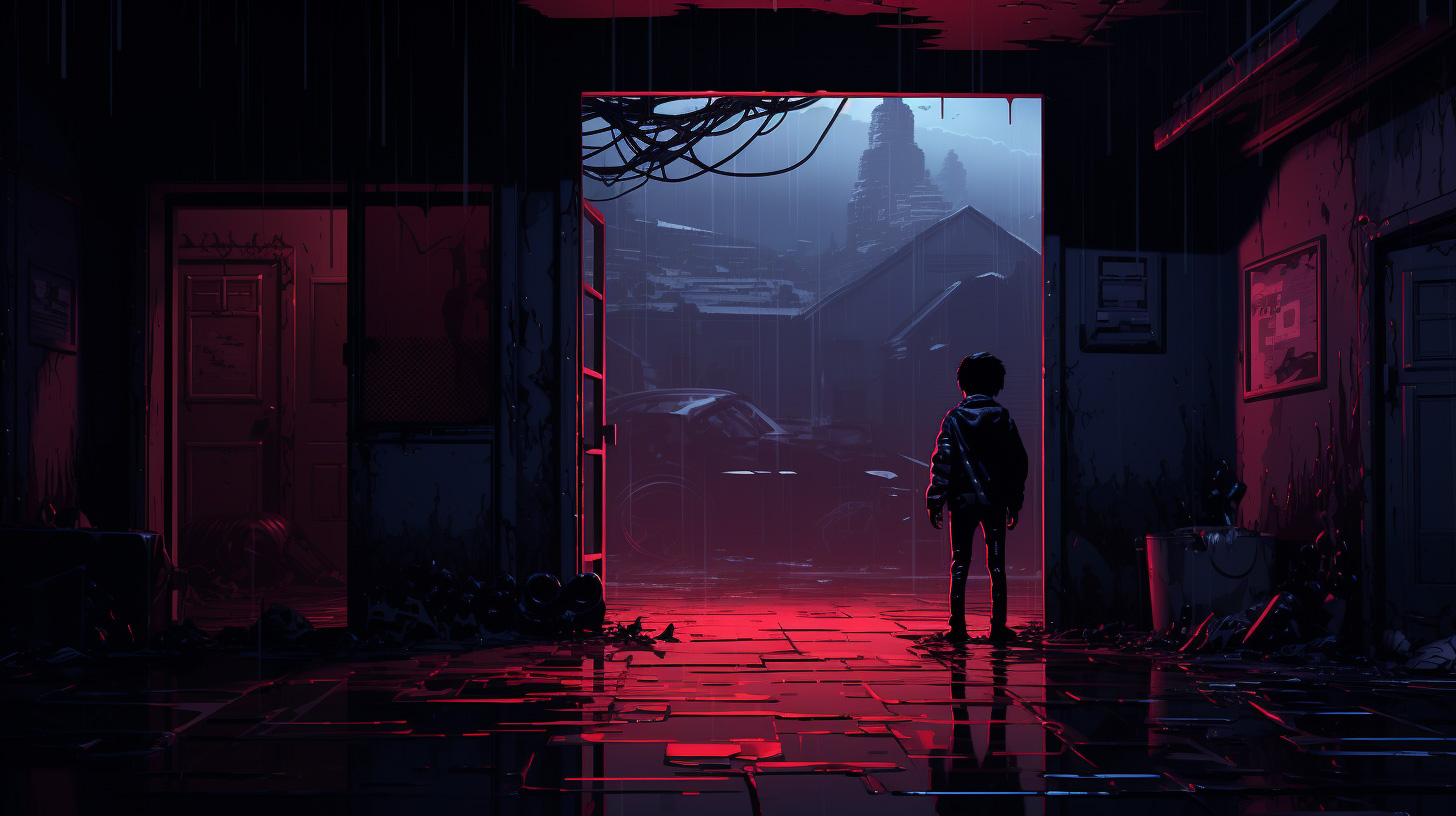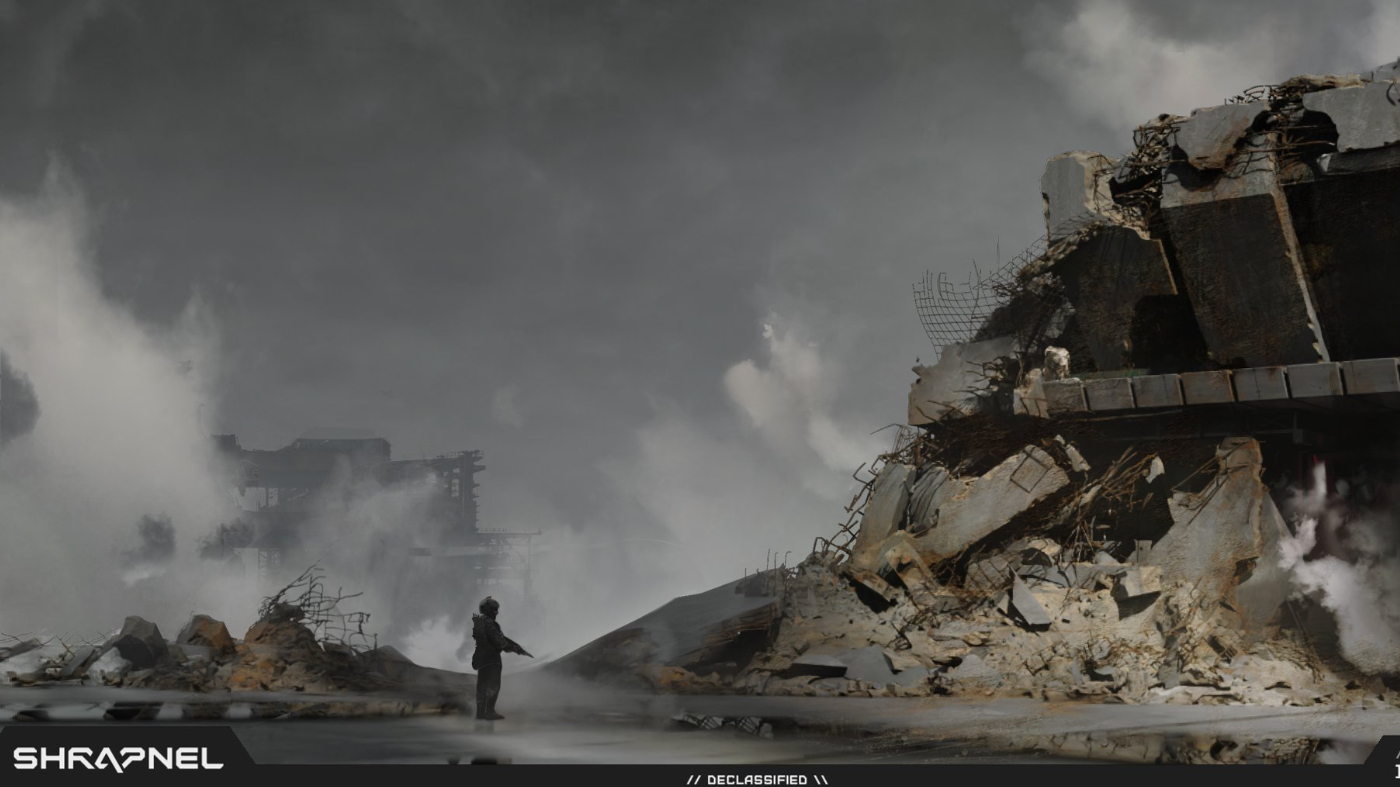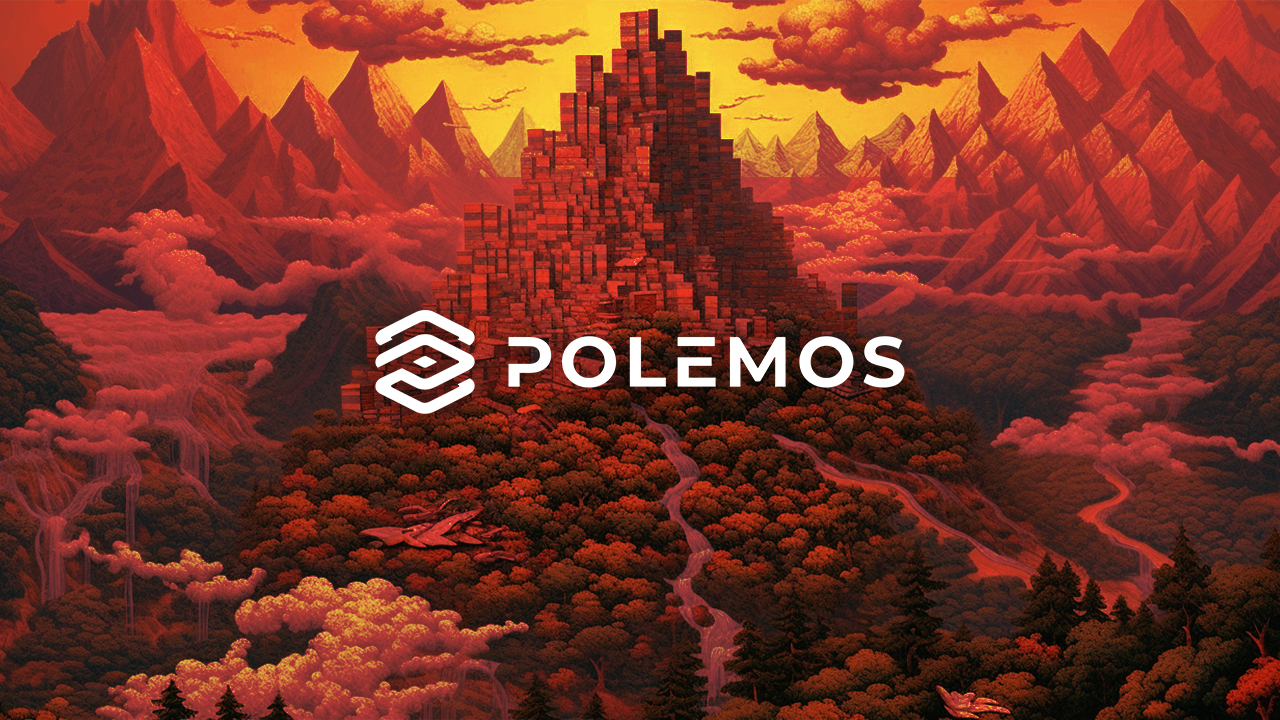Big news this week is the resignation of Grant Warwick, one of the co-founders of Illuvium and the project’s art director.
While the official Illuvium announcement said Grant was “pursuing personal projects”, Grant followed up with a Discord post that said this was “absolute dog shit”.
The co-founder mentioned “a personal tragedy” while also saying he had stepped back from hands-on work over two years, leading to his brother and co-founder Kieran questioning his contribution and apparently pushing for his resignation.
“I always justified my decision [to do less work] by stressing how much I did earlier on but I never expected everyone to agree. As we got closer to release, there was a very clear strain between Kieran and I, I don’t think he believed it was fair what I was doing and you know, maybe he was right.”
He described out-of-control stress and drinking before the release of the first Illuvium trailer in October 2021.
To sign up to this newsletter, enter your email, tick the box and click subscribe!
The post is true to form for Grant, who has a track record of open and often exuberant missives about the design work going into Illuvium. Observing these through the development cycle, I have formed a picture of Grant as a passionate creative who veers to the unhinged at times: perfect for an interview. Unfortunately Grant has not yet agreed to speak with me. I’d certainly be interested to get his take on life inside one of the best-financed and highest-profile blockchain games.
There are four Warwick brothers: Kain, Aaron, Grant and Kieran. They are Australian, and the sons of former pro tennis player Kim Warwick and his wife Alanna. See the lovely 1982 Fairfax news photo of Kain and his parents below. As described to me by Aaron in 2022, Kain provided the crypto know-how and early investment to get Illuvium up and running, although he is not officially one of the co-founders.
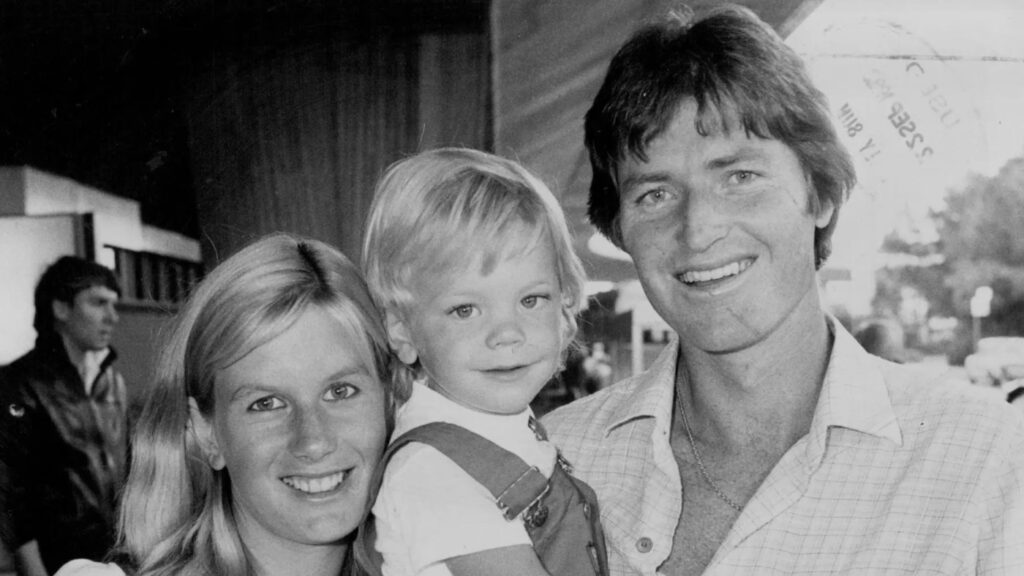
“Kain has acted, I guess, as more of an advisor on all things blockchain, and he also was an early investor in the project. He’s got his own stuff that he’s working on that’s even bigger than Illuvium … In some capacity or other, all of us are involved in the game,” said Aaron.
“Kieran and Grant and myself, we are the co-founders. Although, to be fair to them, they came to me first with the idea to do this project, but we all sort of worked out our various bits and pieces. Grant acts as the art director on the project. He’s the one that’s always pushing for it to be AAA … Kieran acts as the marketing director and he deals with that side of the business. He’s more working on the hype side of things.”
Because of the birth order of the Warwick boys, Aaron said there was a natural grouping of the younger pair, Grant and Kieran, together. It seems that bond has been strained in making what is a key game for the entire blockchain gaming business.
Have a read of the full article with Aaron here, it’s still relevant today, or listen to the podcast interview.
Who forgot the marketing?
Illuvium is getting close – we expect to see at least two out of three Illuvium games (Overworld and Arena) released in beta within three months – and this suite of games is BG’s best chance at a hit game this year. My primary concern is not design (Grant) but Kieran’s area: marketing. Here there are no easy solutions.
More than 14k games were released on Steam last year, the biggest gaming platform, and several hundred on the Epic Games Store. Clearly just being in store isn’t sufficient to find an audience. For most BGs, the standard top shelf marketing plan is:
- Make a fancy trailer
- Run prize pools
- Pay BG influencers
There are problems with each of these areas. Trailers have a tendency to mislead: gamers have wised up to the fact that most don’t show gameplay and are just handmade eye-candy. Competitions with big token prizes attract people who are more interested in making money than playing games. And BG influencers unfortunately don’t actually have much influence: their audiences are too small, and there’s no engagement beyond crypto.
This is the “BG bubble” problem: how do you break through the circle of believers and engage gamers in the wild?
I don’t know the answer, unfortunately, but I do know it will only come when there is a game available for immediate download whose gameplay is so good gamers recommend it to each other unbidden.



